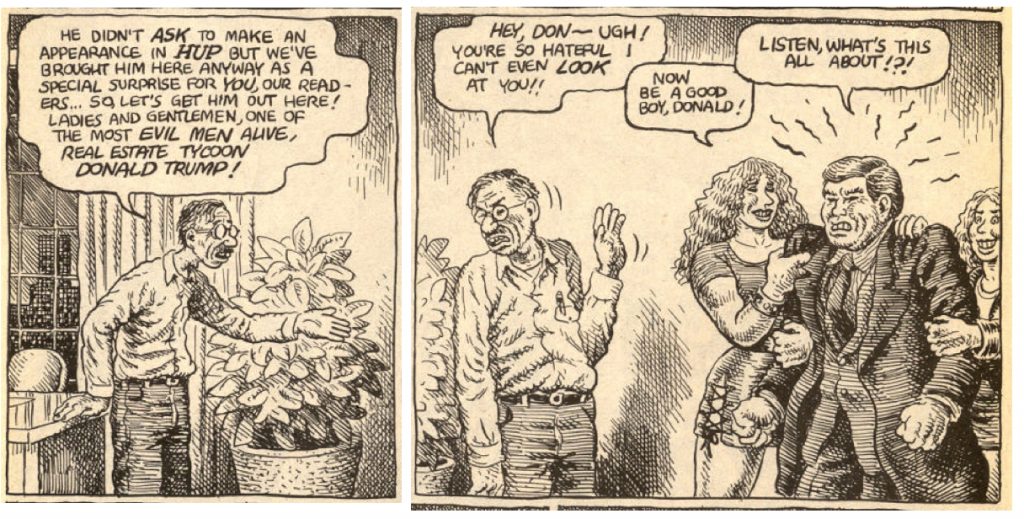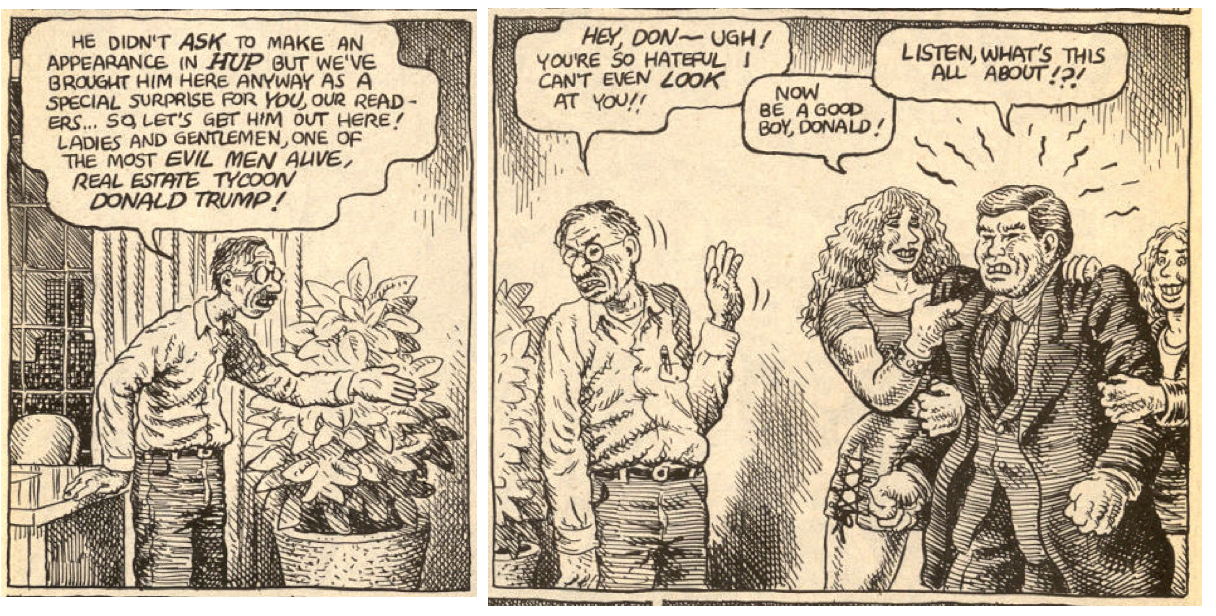Law school graduates always ask themselves the same question: after all this, what have I learned? The commencement speaker at University of California, Hastings College of Law’s class of 1983 told them exactly what they’d learned. “You’ve learned to hear at twice the speed of sound, listening to the criminal law lectures of Amy Wilson,” he said, to loud applause and laughter. And “who will ever forget professor Rudy Schlesinger? They say the man is a wonderful combination of Walter Brennan and Otto Preminger.” He then launches into not just an impression of the professor calling on one of his students, but the student as well.
Few commencement speakers can keep their audience in stitches, much less throw out a wide range of cultural references at the same time — and do all the voices. Robin Williams could, and while the students to whom he delivered the ten-minute talk above receive it as a tour de force, the rest of us can study it as an example of how to craft a speech with your audience in mind. Not only did the young San Franciscan comedian, then just out of his career-making role on Mork & Mindy, quickly establish his local credibility (at one point referring to the school as “UC Tenderloin”), he filled his remarks, swerving from high to low and dialect to dialect, with jokes only a Hastings student would get.
“ ‘He spent several days on campus preparing,’ remembers one alumna,” according to the video’s notes, “and offered up flawless, hilarious parodies of both students and faculty members as part of a message about the value of education and the importance of the legal system in society.” Hastings’ graduating classes get to choose their own commencement speakers, and 1983’s chose Williams with virtual unanimity. Knowing his comic persona from television, movies, and stand-up, they surely knew he’d turn up and make them laugh. But how many could have imagined that he would so handily demonstrate that knowledge is, indeed, power? All of them can now rest assured that Williams, who died two years ago today, has become the most in-demand speaker in that great San Francisco Civic Audtorium in the sky.
Related Content:
Robin Williams & Bobby McFerrin Sing Fun Cover of The Beatles’ “Come Together”
Based in Seoul, Colin Marshall writes and broadcasts on cities and culture. He’s at work on a book about Los Angeles, A Los Angeles Primer, the video series The City in Cinema, the crowdfunded journalism project Where Is the City of the Future?, and the Los Angeles Review of Books’ Korea Blog. Follow him on Twitter at @colinmarshall or on Facebook.




